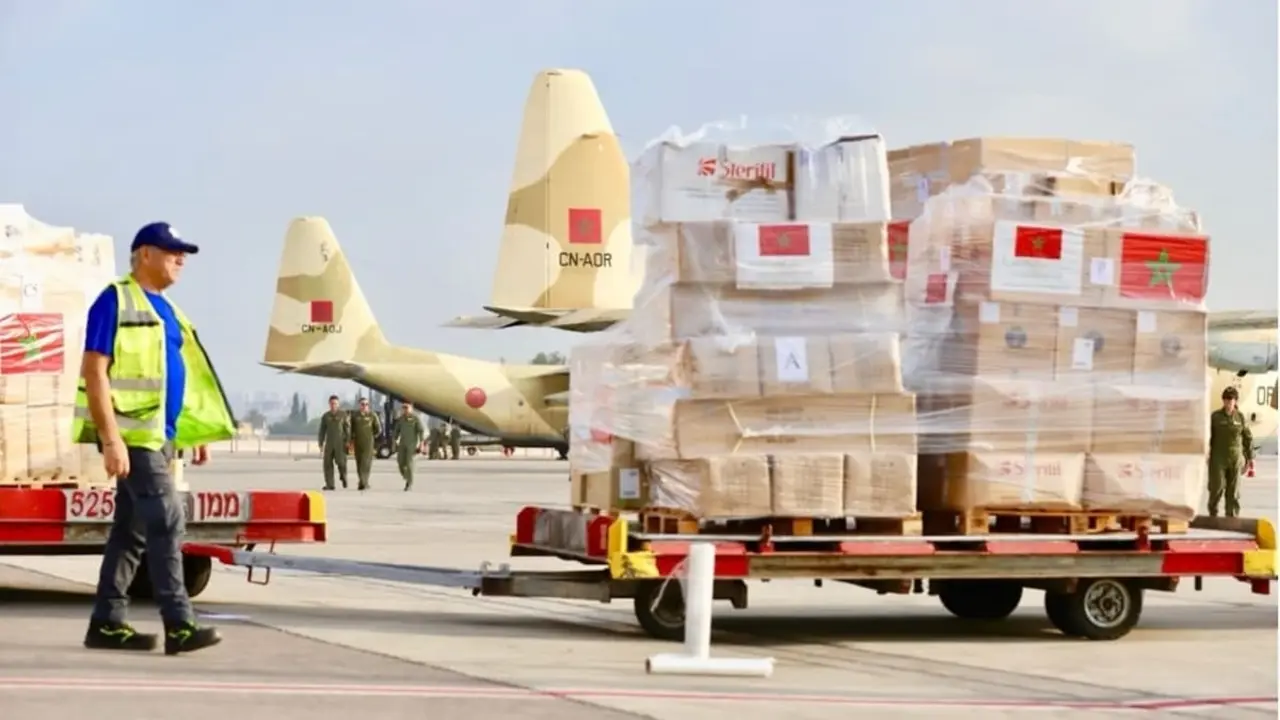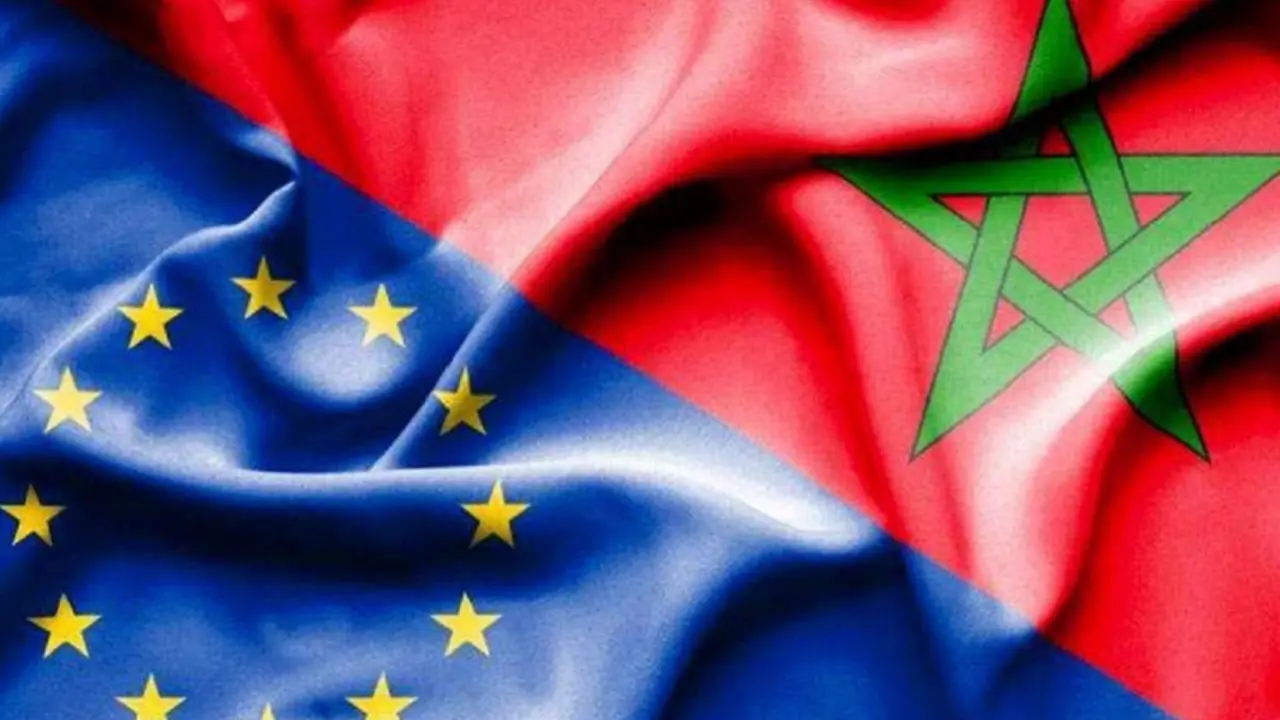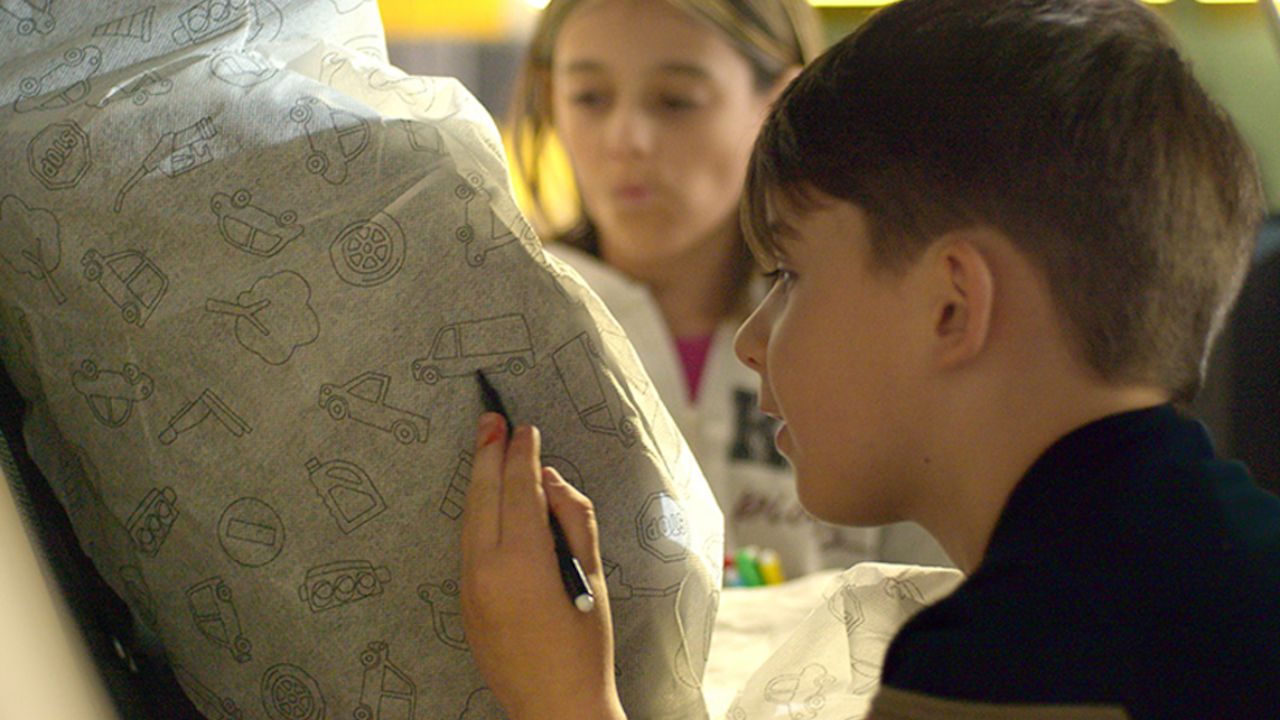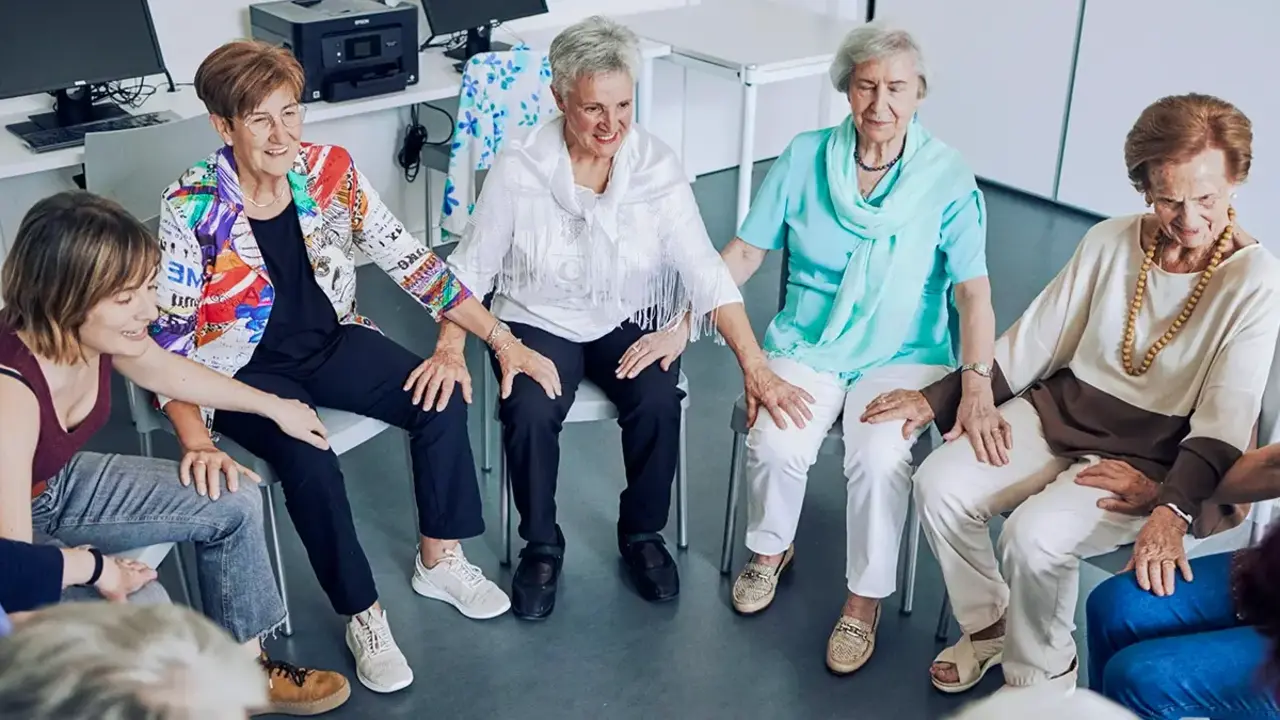Beatriz Sánchez Álvarez, prosecutor of the Aliens Unit: "We fear an upsurge of both women in situations of sexual exploitation and people exploited in other fields"

This past July 30, the World Day Against Trafficking in Persons was celebrated, the perfect occasion for a dialogue with Beatriz Sánchez, the prosecutor assigned to the Aliens' Court, with the objective of addressing the issue of trafficking and exploitation of persons.
What can you highlight from the last report (2019) with respect to the previous one (2018)?
There has been an increase in trafficking for the purpose of sexual exploitation, which continues to be the predominant phenomenon in our country. It is the most numerous both in the number of investigations and in the number of qualifications and sentences. It should also be noted that there has been a significant increase in investigations into both trafficking for labour exploitation and trafficking for criminal activity. In fact, the number of investigations into trafficking for the purpose of exploitation has doubled to 28, and in the case of trafficking for the purpose of criminal activity it has tripled, to 8 investigations, which are being pursued by the Aliens Unit of the Office of the Public Prosecutor.
The most interesting aspect of this year's proceedings is that there has been a very significant increase in the number of women victims of human trafficking for the purpose of sexual exploitation who are Venezuelan nationals. This has an impact on what we have been repeating throughout various reports, in that the more poverty and economic difficulties a country experiences, the greater the number of victims from these countries, and this highlights the fact that trafficking, in short, affects mainly those women who are victims of sexual exploitation.
people who are economically and socially disadvantaged compared to other countries. It is the exploitation of people who are in a situation of need and vulnerability.
How have cases evolved during the pandemic?
The problem since the state of alarm was decreed and we began to be confined is that there were many women - victims of trafficking and who practice prostitution in hostels, road clubs - who were initially left in a situation of absolute lack of protection. Some of them were expelled from the clubs because they had to be closed and were left to their own devices. As a result, the NGOs themselves, whose aim is to protect these victims, and also the Government Delegation for Gender Violence, have had to draw up plans with both assistance and protection measures at other levels.
On the part of the Prosecutor's Office, we have been working throughout the confinement hand in hand with the State Security Forces and Corps and specialized NGOs in order to facilitate the flow of information and to be able to provide assistance to these women. Others were transferred and the NGOs have lost contact with them and we do not know what has happened. And many others had to continue to work in prostitution, forced by their traffickers and exploiters, putting their health and the health of the rest of the citizens at risk.
I am very concerned about the situation that has arisen during the confinement, also with regard to the victims of labour trafficking who were practically working for food and bed. With the paralysis of all agricultural and industrial activities and all kinds of activities, they were also left without the possibility of having minimum resources to be able to subsist.
And I am even more concerned about what comes next. That is, the crisis situation that is generated as a consequence of the pandemic is going to give rise to great economic inequalities, not only among Spanish citizens but also with those who come from other countries. Each time the crisis is more acute and the inequality is greater, the possibility of people in this situation of vulnerability and need being exploited increases in a growing and progressive way. We fear that there will be an upsurge of both women who will be sexually exploited and men and women who will be woefully exploited in other areas.
What difficulties do victims of trafficking face in reporting?
The difficulty is great because at the heart of human trafficking is, first of all, fear, vulnerability, the fact of not having any kind of ties in the place where they are. That is what trafficking is based on. They are women and men who are afraid of the intimidation that their traffickers and exploiters have previously given them. In many cases, they believe that they or their families will be harmed if they report it, and that they are also threatened.
Secondly, the procedures are long, they are painful, they sometimes involve having to testify on different occasions, and this causes these people to be re-victimised. We in the Public Prosecutor's Office are fighting every day to ensure that the procedural rights and freedoms that these people must have in legal proceedings are guaranteed.
Who are the main victims of human trafficking?
A fact that we believe to be very relevant is that the main victims of human trafficking are still women. We are talking about the fact that more than 98.27% of the victims of trafficking in human beings that we know of in this unit are women. There are a significant number of them who are Nigerian nationals but also many others
nationalities.
I also believe that one form of trafficking that has not been detected so far is trafficking for the purpose of committing criminal conduct in indoor' marijuana cultivation in which people of Pakistani nationality are usually enslaved by people of Chinese nationality. Before, what we saw were people who were committing a crime by illegally growing marijuana. Now, however, through the indicators that we are learning more about, we see that those people who are there, because of the circumstances in which they are, are not really the perpetrators of crimes against public health. In fact, they are victims of trafficking for the purpose of exploitation, which is to commit criminal behaviour.
We think it is important that there be a change of mentality with regard to trafficking committed when there are states of need or vulnerability. It is very difficult, if we do not know how these people are, to be able to qualify, sentence or convict. We believe that trafficking can only be combated effectively if we regulate more effectively the crimes of exploitation, final crimes, crimes against workers' rights, crimes of slavery and, of course, if any form of pimping is penalised.
What is the day-to-day work of this Unit like?
We work in different areas. When it comes to human trafficking we have different functions. First of all, we assist and advise the delegate prosecutors of foreigners in each province, with whom we collaborate on a daily basis. Likewise, we follow up all procedures and investigations carried out in Spanish territory regarding human trafficking, in order to ensure the proper development of these procedures and to collect data (referring to victims, those investigated, types of trafficking, elements of the type, accusations, dismissals and sentences), which allows us to draw up statistics and carry out analytical studies of the criminal phenomenon, which are subsequently provided, in addition to the FGE, to national and international bodies and institutions. We also participate in the training of prosecutors and other professionals specialized in human trafficking.
Finally, bearing in mind the importance of international cooperation in a criminal activity such as this, which is often linked to transnational organized crime, the work we do at the international level, especially in Europe and Latin America, is of particular interest, as we participate in numerous projects led by, among others, the European Union, the UN or the OSCE. In this same field, we have been working for more than a year with the Nigerian liaison magistrate appointed by UNDOC for Spain, to promote and encourage collaboration in the area of human trafficking and smuggling between our country and Nigeria.








